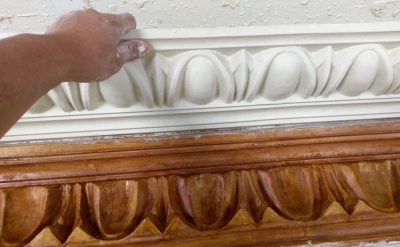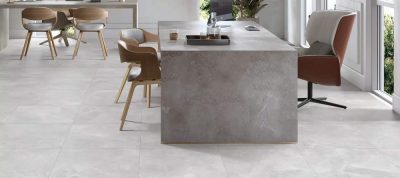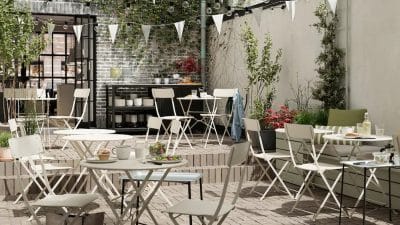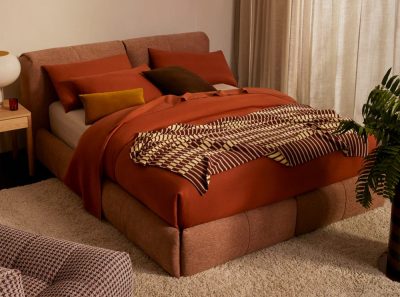
Double-glazed windows have become a popular choice for homeowners looking to improve their home’s energy efficiency and comfort. Double glazed windows, also known as insulated glass units (IGUs), consist of two panes of glass separated by a space filled with air or gas. This design creates an insulating barrier that offers several advantages over single-pane windows.
How Double Glazed Windows Work
The principle behind double glazed windows is simple yet effective:
1. Two glass panes: The window features two separate sheets of glass.
2. Spacer: A spacer keeps the glass panes apart, creating a gap between them.
3. Sealed unit: The edges are sealed to create an airtight space between the panes.
4. Insulating gas: The space is often filled with an insulating gas like argon or krypton.
This construction helps reduce heat transfer, making your home more energy-efficient and comfortable.
Benefits of Double-Glazed Windows
Investing in double glazed windows offers a wide range of benefits for homeowners:
1. Improved Energy Efficiency
Double glazed windows significantly reduce heat loss in winter and heat gain in summer. This improved insulation can lead to lower energy bills and a more comfortable living environment.
2. Noise Reduction
The extra layer of glass and the air gap help to reduce outside noise, creating a quieter indoor environment. This is especially beneficial for homes in busy urban areas or near highways.
3. Increased Security
Double-glazed windows are typically more difficult to break than single-pane windows, offering enhanced security for your home.
4. Reduced Condensation
The insulating properties of double-glazed windows help to minimize condensation on the inside of the glass, reducing the risk of mold growth and related issues.
5. UV Protection
Many double-glazed windows come with special coatings that can block harmful UV rays, protecting your furniture and flooring from sun damage.
Types of Double Glazed Windows
There are several types of double glazed windows to choose from, each with its own set of advantages:
1. uPVC Double Glazed Windows
uPVC (unplasticized polyvinyl chloride) windows are popular due to their durability, low maintenance, and cost-effectiveness. They offer good insulation and are available in various colors and finishes.
2. Aluminum Double Glazed Windows
Aluminum windows are known for their strength and slim profiles. They’re ideal for large windows and sliding doors. While not as insulating as uPVC, they can be enhanced with thermal breaks for better performance.
3. Wooden Double Glazed Windows
Wooden windows offer a classic, natural look and excellent insulation properties. They require more maintenance than uPVC or aluminum but can last for decades if properly cared for.
4. Composite Double Glazed Windows
Composite windows combine the benefits of different materials, such as a wood interior with an aluminum exterior. This provides the aesthetic appeal of wood with the low maintenance of metal.
Factors That Influence the Cost of Double Glazed Windows in Adelaide
Several factors can affect the cost of double glazed windows:
1. Window Size and Quantity
Larger windows or a higher number of windows will naturally increase the overall cost of the project.
2. Frame Material
Different frame materials come with varying price points. uPVC is often the most affordable, while custom wooden frames can be more expensive.
3. Glass Type and Thickness
Specialized glass options, such as low-E coatings or triple glazing, will increase the cost but may offer better performance.
4. Installation Complexity
The difficulty of installation can affect labor costs. Replacing existing windows is typically less expensive than creating new openings.
5. Energy Efficiency Ratings
Windows with higher energy efficiency ratings may cost more upfront but can lead to greater long-term savings on energy bills.
6. Brand and Quality
Well-known brands or high-end products often come with a higher price tag but may offer better warranties and performance.
7. Additional Features
Extra features like tinting, built-in blinds, or decorative elements will add to the overall cost.
8. Local Market Conditions
Prices can vary based on local competition, demand, and availability of materials in Adelaide.

Choosing the Right Double Glazed Windows for Your Home
When selecting double glazed windows, consider the following factors:
1. Climate Considerations
Adelaide’s climate should influence your choice. Look for windows with good insulation properties to keep your home cool in summer and warm in winter.
2. Home Style
Choose windows that complement your home’s architectural style. Modern homes might suit sleek aluminum frames, while traditional houses may benefit from wooden windows.
3. Budget
Determine your budget and balance it with the long-term energy savings and comfort benefits of higher-quality windows.
4. Energy Ratings
Look for windows with good energy ratings. In Australia, the Window Energy Rating Scheme (WERS) can help you compare different products.
5. Ventilation Needs
Consider how you want your windows to open. Options include casement, sliding, double-hung, and tilt-and-turn windows, each offering different ventilation capabilities.
6. Maintenance Requirements
Think about how much time and effort you’re willing to put into maintaining your windows. Low-maintenance options like uPVC may be preferable for busy homeowners.
Installation Process
Proper installation is crucial for the performance of double glazed windows. Here’s a general overview of the process:
1. Measurement and Preparation
A professional will measure your existing window openings to ensure a perfect fit.
2. Removal of Old Windows
If you’re replacing existing windows, the old units will be carefully removed.
3. Frame Installation
The new window frame is positioned and secured in the opening.
4. Sealing and Insulation
The gaps around the frame are sealed and insulated to prevent drafts and heat loss.
5. Glass Installation
The double-glazed units are carefully fitted into the frame.
6. Final Checks and Clean-up
The installer will check the operation of the windows and clean up the work area.
Maintaining Your Windows
To ensure your double glazed windows perform well for years to come, follow these maintenance tips:
1. Regular Cleaning
Clean the glass and frames regularly using appropriate cleaning products.
2. Check Seals and Gaskets
Inspect the seals and gaskets annually for signs of wear or damage.
3. Lubricate Moving Parts
Keep hinges and locks well-lubricated to ensure smooth operation.
4. Address Issues Promptly
If you notice any problems, such as condensation between the panes or difficulty opening and closing, address them quickly to prevent further damage.
Future Trends in Double Glazed Windows
The world of double glazed windows continues to evolve. Here are some trends to watch:
1. Smart Windows
Integration with home automation systems for improved energy management.
2. Self-Cleaning Glass
Coatings that use sunlight and rain to keep windows clean.
3. Enhanced Energy Efficiency
Continued improvements in insulation and solar control properties.
4. Sustainable Materials
Increased use of recycled and eco-friendly materials in window production.
Conclusion
Double-glazed windows offer numerous benefits for homeowners, from improved energy efficiency to enhanced comfort and security. By understanding the types available, factors affecting cost, and proper maintenance techniques, you can make an informed decision that will benefit your home for years to come. Whether you’re building a new home or upgrading an existing one, double-glazed windows are a worthwhile investment in your property’s value and your quality of life.








